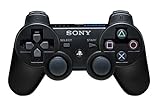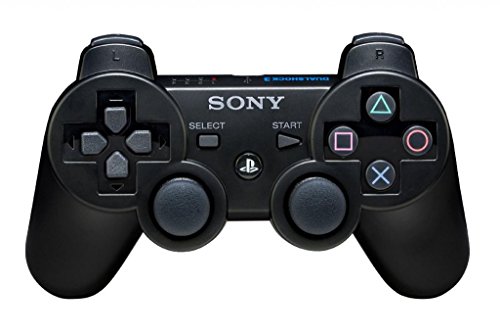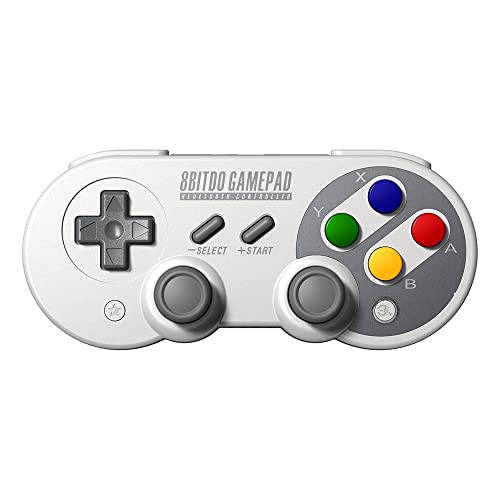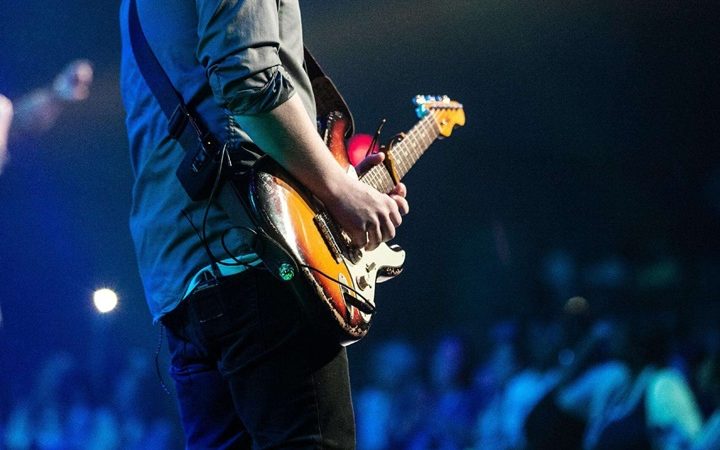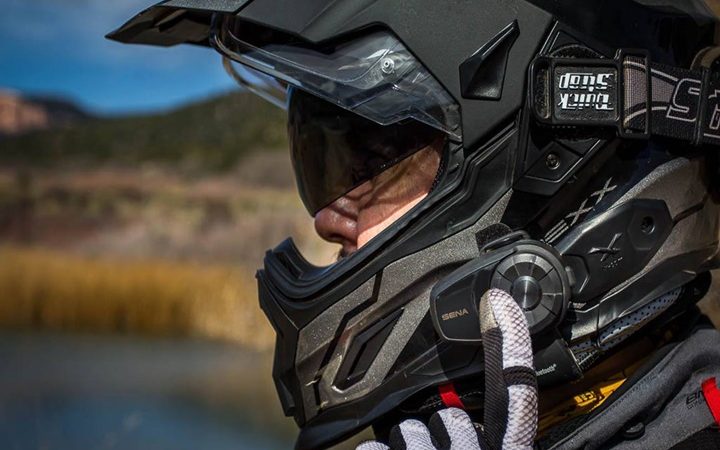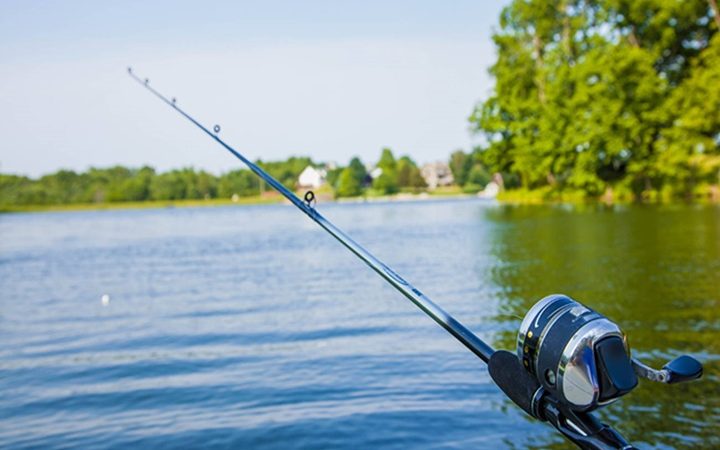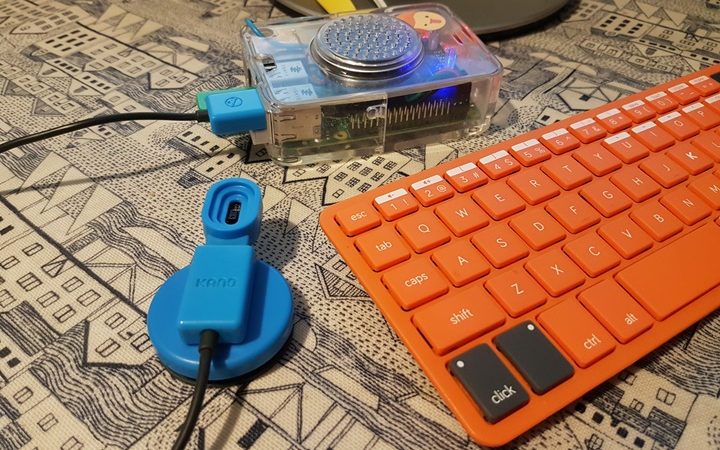Best Controller For Raspberry Pi
When you break it down, a Raspberry Pi is a fantastic little computer that seems capable of doing just about anything. From programming a Raspberry Pi to become a little calculator to enabling it to control little robots to even being able in replacing your home’s desktop, it truly is no stretch to claim that we’ve only scratched the tip of the iceberg when it comes to the Raspberry Pi.
And among all these uses both practical and recreational, one trend we’ve seen rising rapidly in the past years is in how users have been transforming their Raspberry Pis into gaming machines through projects like RetroPie.
But of course, it’s one thing to convert your Raspberry Pi into a gaming console and another thing entirely to be able to play it properly – this is where controllers come in. After all, what’s the point of a video game if you aren’t able to control the actions and movements of your character(s)?
It doesn’t matter how flashy or classic your games are, if you can’t play them properly then it’s pretty point all for nothing. Accordingly, this is where our list comes in. We truly realize how tricky it can be to find high-quality yet suitable controllers for you gamers out there, so we’ve reviewed and compiled some of the best controllers that are fully compatible for your retro gaming rig.
Contents
- 1 Best Controller For Raspberry Pi
- 2 DualShock 4 Wireless Controller for PlayStation 4
- 3 PlayStation 3 Dualshock 3 Wireless Controller
- 4 Xbox Wireless Controller
- 5 8Bitdo SF30 Pro Controller Windows, macOS, & Android – Nintendo Switch
- 6 8Bitdo SN30 Pro USB Gamepad for Nintendo Switch, Windows, Raspberry Pi
- 7 8Bitdo Sn30 Pro+ Bluetooth Gamepad (Black Edition)
- 8 LUXMO PREMIUM Classic N64 USB Controllers Gamepad Joystick
- 9 Logitech Gamepad F710
- 10 2 Pack Classic USB Controller for Retro NES Gaming
- 11 2 Pack Classic USB Controller for NES Gaming
- 12 Product Buying Guide (Two Key Things to Consider)
- 13 Frequently Asked Questions (FAQs)
Best Controller For Raspberry Pi
DualShock 4 Wireless Controller for PlayStation 4
It’s hard to find fault with the DualShock 4’s design. PlayStation after all, is hailed as the gold standard for controllers out there when it comes to comfort and functionality for very good reasons. From highly responsive buttons to smooth-moving analog sticks along with the staggering range of colors to pick from ranging from jet black to rose gold and to even green camouflage, sticking with the DualShock 4 is a recipe for success.
Furthermore, a neat, almost unique feature you’ll also find on the DualShock 4 is in how it comes fitted with an in-built speaker and stereo headset jack which you’ll be able to plug your earphones into at any time, adding a much-needed layer of convenience for users. Regardless, the DualShock 4 is fully compatible with any Raspberry Pi and would make for an excellent controller to accompany you through your gaming sessions to come.
PlayStation 3 Dualshock 3 Wireless Controller
The DualShock 3 might seem a tad outdated and lower on the rung of price compared to its younger sibling but make no mistake, you’ll still find a quality product here. It’s still entirely RetroPie-compatible and comes with full Bluetooth capabilities along with the hugely comforting and ergonomic design we associate PlayStation with.
Most of the ‘upgrades’ we can see in the DualShock 4 are honestly subtle, so you probably won’t miss out on too much – you won’t have access to the DualShock 4’s touchpad but you’ll find that the DualShock 3 comes with a slightly better battery life! Though we want to emphasize, this controller will be more than adequate for any type of gaming your Raspberry Pi is capable of in the first place.
Xbox Wireless Controller
No controller list is complete without mentioning both the DualShocks and their natural competitor: the Xbox’s wireless controller. Coming in an equally variegated range of colors from black to white to grey/green to night ops camo, not only will you find the convenience of wireless technology here but also a sweet direction pad, textured grip to secure even the sweatiest of palms and highly responsive button feedback.
Better yet, with such an advanced controller as this, you’ll not only be able to play 2D classics like Donkey Kong but will do just fine with even the more graphically demanding 3D titles like Wave Race and Golden Eye 007.
Keep in mind though that if your heart is set on this device, you’ll have to purchase an additional cable to pair the controller with your Raspberry Pi! There’s no native support as of yet unfortunately when it comes to the Xbox controller.
8Bitdo SF30 Pro Controller Windows, macOS, & Android – Nintendo Switch
If you don’t intend on playing those flashy and fancy 3D games and are put off by the more modern designs of the DualShocks, then you should consider 8Bitdo’s SF30 if you’re looking for something with a more retro aesthetic.
Not only will it work perfectly with any Raspberry Pi, but you’ll find its rumble vibration and motion controls adding a layer of immersion that you just can’t find in the truly old controllers from the decades long past.
Though don’t be fooled – it may look retro, but it still comes with some modern comforts, principally in the form of wireless Bluetooth so you don’t need to fret too much about dealing with those annoying wires that just love to get themselves tangled up.
8Bitdo SN30 Pro USB Gamepad for Nintendo Switch, Windows, Raspberry Pi
A strikingly similar though alternative product also produced by 8Bitdo is their SN30 Pro. You’ll still get a top-quality gaming experience with this controller along with some modern enhancements in way of rumble vibrations, turbo function support and compatibility with not just Raspberry Pi but with Windows OS and Nintendo’s Switch but there’s one catch: wires.
It isn’t wireless and doesn’t come equipped with Bluetooth functionalities or anything so if you don’t mind dealing with the hassle of wires, the SN30 would be right for you. On the bright side, at least you won’t have to worry about charging up your controller or have it die on you midway through your playthroughs!
8Bitdo Sn30 Pro+ Bluetooth Gamepad (Black Edition)
Continuing down our list into the realm of retro vibe controllers, 8Bitdo’s Sn30 Pro+ offers an equally impressive product for those looking for a controller with a little more grip. Equipped with all modem functionalities from wireless Bluetooth to a rumble vibration system and even motion controls, the Sn30 offers a fine compromise between nostalgia and modernity.
Though it only comes in three basic colour schemes, you’ll find its layout perfectly appropriate for any sort of gaming experience both modern and classic, and unlike the SF30, it comes fitted with those little, protruding hand grips that fit ever so naturally in the hands.
This is a hugely crucial feature as it offers not just additional comfort but can help alleviate discomfort and sore hands especially during longer gaming sessions.
LUXMO PREMIUM Classic N64 USB Controllers Gamepad Joystick
Finally stepping away from 8Bitdo’s impressive (and clearly extensive) array of controllers, Luxmo Premium offers a fine alternative in the form of their Classic N64 USB Controller. Coming in either dazzling green or orange, you’ll be able to take advantage of this nifty controller not just for Raspberry Pi gaming but even on other operating systems from Windows to Apple to Linux – including a range of emulators such as Project65, Corn and Nemu64.
Beyond this, its relatively affordable price point despite what it offers through fantastic ergonomic design and accurate and responsive buttons, triggers and joystick, makes it a great bargain for any avid retro gamer out there.
Logitech Gamepad F710
Logitech is almost a household name when it comes to producing keyboards and mouses and likewise, when it comes to controllers, they manage to live up to their reputation.
With full 3.4 GHz wireless functionality along with haptic vibration feedback and Windows compatibility (on top of being perfectly fine for Raspberry Pis), you’ll easily be able to take advantage of this controller’s highly customisable profile within minutes.
We do stress that it isn’t the most advanced controller when it comes to wireless technology and you may find some difficulty with smooth gaming if you tend to sit far away from your device, but rest assured that beyond this, the Gamepad F710 is a gem in its own right.
2 Pack Classic USB Controller for Retro NES Gaming
If you’re looking for something that absolutely screams retro and you’re fine with sacrificing some of the more modern amenities, then kiwitatá’s 2 Pack Classic USB Controllers will fit the bill. It doesn’t entirely throw away ergonomics though, with its slightly angular design and choice of comfortable materials along with its adoption of the button map layout we all know and love, you’ll still get a first class gaming experience with this device.
2 Pack Classic USB Controller for NES Gaming
By far the most plain and minimalist controller on our list, this controller by miadore looks and feels just about like any controller you’d find and use back in the 60s. Designed specifically in the style of classic controllers, this is an absolute must have for anyone looking for the authentic retro experience.
It’s bafflingly easy to use – all you do is plug in its USB wire and you’re all set to game. And though it looks and feels like a classic product, it’s still very well designed with its high-quality rubber buttons, a textured casing finish and flexible pads.
Product Buying Guide (Two Key Things to Consider)
Suitability: Before you even consider getting out there and picking up a controller for your Raspberry Pi, think carefully about what you’re trying to get out of it in terms of gaming – not all controllers would work with every type of game. For instance, a simpler game set in 2D like Super Mario or Donkey Kong would work well with pretty much any controller no matter how basic.
But for more demanding titles that take advantage of 3D (think of games like Quake III Arena and Star Wars Jedi Knight II: Jedi Outcast), it’ll almost be a requirement to have additional features like joysticks so a minimalist controller like the miadore just won’t do the job. It might just be safer to get yourself a more modern controller like the DualShock 4 though this comes at the cost of a higher price tag and losing that unique, retro vibe.
Connectivity: The seminal question any Raspberry Pi gaming enthusiastic will have to face is: wired or wireless? While both are perfectly fine and will just be able to do just about anything you want (assuming you’ve picked a suitable and appropriate controller), opting for either a wireless or wired controller introduces a whole new set of pros and cons.
Wired controllers are great simply because they’re usually cheaper, lighter and don’t need recharging thus don’t disconnect midway during gaming sessions. Conversely, wireless controllers take away the hassle of organizing messy wires and add in the convenience of being able to use it from any angle and placement. This really boils down to a hugely subjective choice so just trust your gut and go for it!
Frequently Asked Questions (FAQs)
Do I need to use a controller in the first place?
Technically, you don’t really need a dedicated, external controller to get started. Using your traditional mouse and keyboard setup will be just fine for just about any game you decide to play with.
However, controllers add a whole new dimension of immersion (e.g. with haptic feedback) that the mouse and keyboard setups just can’t seem to deliver and if you’re looking for an authentic retro gaming experience, it goes without saying that you will absolutely need a controller of your own.
Can I use just about any gaming controller?
Absolutely not! Not all controllers are compatible or optimized with Raspberry Pis in mind – for instance, the PlayStation 1 controller won’t directly be usable on a Raspberry Pi, though you can get around this little problem by purchasing an external adapter which can be a little costly.
If you stick with our list, with the exception of Xbox Controller, you shouldn’t need to be purchasing any additional tools.


